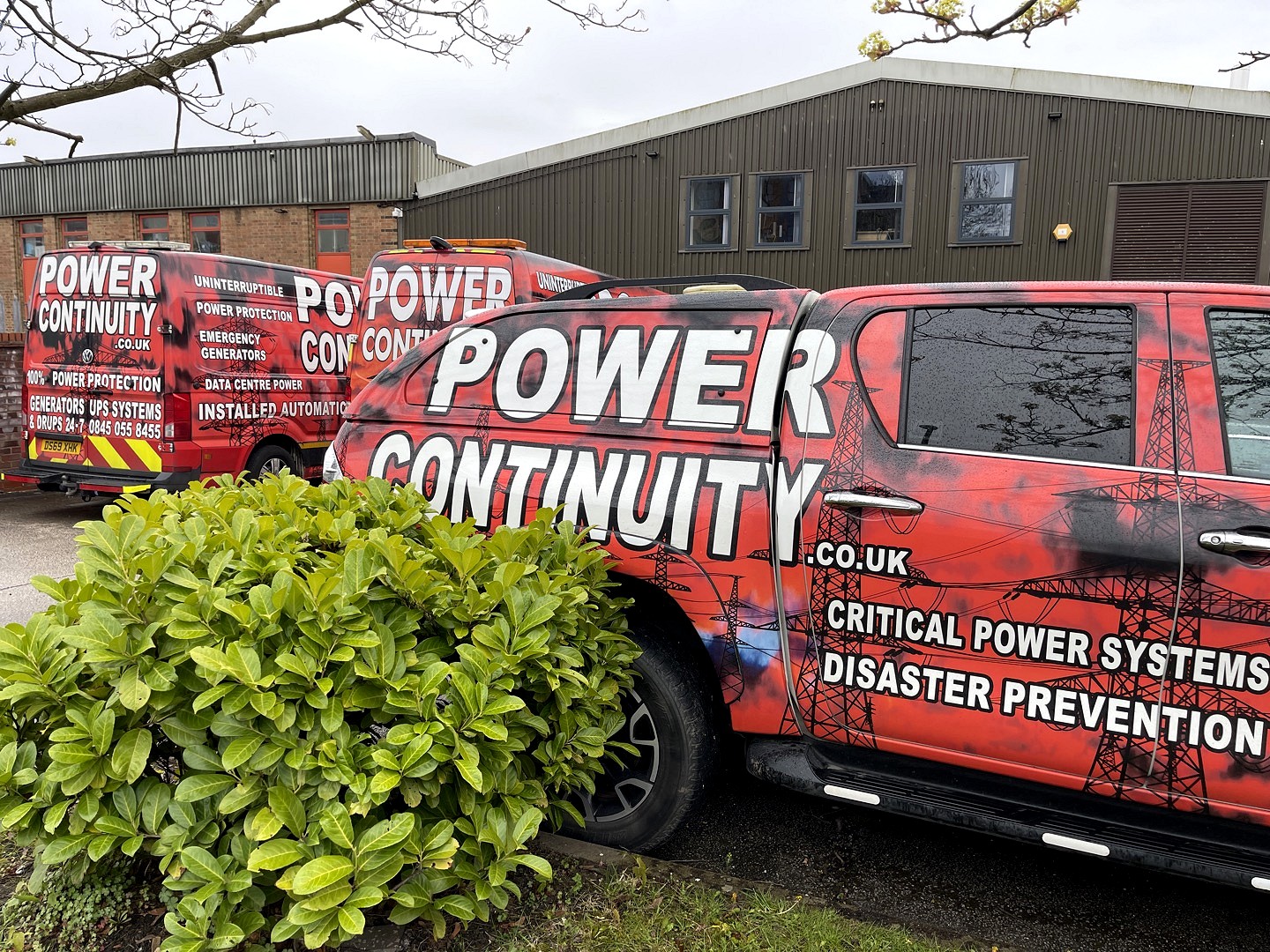
In an unpredictable world where power outages can occur due to various reasons ranging from natural disasters to infrastructure failures, having reliable emergency power systems is crucial for businesses, institutions, and even residential areas. Among the array of options available, diesel generator installation stands out as a robust and dependable solution. In this blog, we delve into the importance of emergency power systems and the key considerations for diesel generator installation.
Understanding Emergency Power Systems
Emergency power systems are designed to provide backup electricity in case of grid failure or power disruptions. They serve as a lifeline, ensuring that critical operations can continue uninterrupted even during adverse conditions. These systems are indispensable for hospitals, data centers, telecommunications facilities, and other mission-critical operations where downtime is not an option.
The Role of Diesel Generators
Diesel generators are one of the most commonly used options for emergency power generation. Their popularity stems from their reliability, durability, and ability to deliver consistent power output over extended periods. Unlike other alternatives like gas or propane generators, diesel generators offer better fuel efficiency and can operate continuously for longer durations, making them ideal for prolonged outages.
Key Considerations for Diesel Generator Installation
- Load Assessment: Before installing a diesel generator, it’s crucial to conduct a thorough assessment of the load requirements. This involves identifying the essential equipment and systems that need to be powered during an outage. By accurately gauging the load demand, the appropriately sized generator can be selected to meet the specific needs of the facility.
- Location and Ventilation: The placement of the diesel generator is paramount. It should be situated in a well-ventilated area with adequate clearance for exhaust gases. Proper ventilation helps dissipate heat and ensures optimal performance while minimizing the risk of carbon monoxide buildup.
- Fuel Storage and Supply: Diesel generators rely on a steady supply of fuel to operate effectively. Establishing a reliable fuel storage and supply system is essential to ensure uninterrupted operation during prolonged outages. Adequate fuel reserves should be maintained, and refueling procedures must be streamlined to minimize downtime.
- Exhaust System: An efficient exhaust system is critical for safe operation and compliance with environmental regulations. Proper installation of exhaust pipes and mufflers helps mitigate noise pollution and ensures that harmful emissions are dispersed safely away from inhabited areas.
- Routine Maintenance: Regular maintenance is key to prolonging the lifespan of diesel generators and ensuring their reliability. Scheduled inspections, oil and filter changes, and testing of backup systems should be conducted as part of a comprehensive maintenance regimen. This proactive approach helps identify potential issues early on and prevents costly breakdowns.
- Compliance with Codes and Standards: Diesel generator installation must adhere to local building codes, zoning regulations, and safety standards. Engaging with experienced professionals who are well-versed in regulatory requirements ensures compliance and mitigates the risk of penalties or legal liabilities.
Conclusion
Emergency power systems, particularly diesel generator installations, play a critical role in safeguarding businesses, institutions, and communities against the impact of power outages. By providing a reliable source of backup electricity, these systems ensure continuity of operations and mitigate the potential risks associated with downtime. However, achieving optimal performance and reliability requires careful planning, meticulous installation, and diligent maintenance. By adhering to best practices and considering key factors, businesses can fortify their resilience and minimize the impact of unforeseen disruptions. In an increasingly interconnected world where uptime is paramount, investing in robust emergency power systems is not just a prudent decision but a strategic imperative.
Category
Subscribe
Subscribe our newsletter for latest news & photos. Let's stay updated!








